
 The main street of the commercial centre within the project.
The main street of the commercial centre within the project.
A mega knowledge-based economic city, which is set to take shape in Madinah, has received a considerable boost with the international interest it has aroused since it was announced late last year.
“Following our highly successful participation at Cityscape in Dubai (last December), we have recently signed several memoranda of understanding (MoUs) with Malaysian companies, such as Multimedia Development Corp (MDeC) and MSCTC. We will start the infrastructure work this October and are expecting to finish Phase One of the project in three to four years, which will represent 40 per cent of the city,” Mohammad Khoja, marketing director for the project tells Gulf Construction.
The $7 billion project, the third in a string of economic cities announced for Saudi Arabia, is known as Knowledge Economic City (KEC) and aims to transform the country’s fourth largest city. It will also see the redevelopment of the city’s airport into an international facility.
At the recent Cityscape in Dubai, KEC signed a number of agreements. Siraj Capital Limited and Project Management and Development Company (PMDC) signed a SR375 million ($100 million) MoU to develop the project’s hospitality sector, including the construction of hotels, residential apartments and an exhibition/convention centre. A $133 million MoU was also signed between KEC and Savola Group Company to develop Phase One of the project’s unique retail complex with a gross lettable area of more than 100,000 sq m.
“Yet another $27 million MoU was inked with Malaz Group to set up an ICT fund. The exercise lays the groundwork for an investment capital for activities related to knowledge-based industries, such as software development, communications, and small business incubators,” says Khoja.
KEC has selected HOK Canada, a world-renowned architecture and planning firm, to conduct studies and a technical revision of the city’s conceptual masterplan in order to generate a detailed master plan, with design guidelines and related material, he adds.
Directed by the Custodian of the Two Holy Mosques King Abdullah bin Abdulaziz, the Saudi Arabian General Investment Authority (Sagia) is working with a consortium of Saudi companies to create an investment vehicle for the development of this King Abdullah Foundation property, which covers an area of 4.8 million sq m. Located to the east of Madinah, the city will include a total built-up area of 9 million sq m, including 250,000 sq m of office space, 30,000 residential units that include villas and apartment blocks and 1,200 shops.
The 10- to 15-year project is a central component of Madinah’s knowledge-economy initiative, and will include a central business district, theme parks, tourist attractions, world-class hotels and retail offerings. It is partly modelled after Malaysia’s Multimedia Super Corridor (MSC) and Cyberjaya and will be home to a population of 150,000, when completed.
KEC will comprise several main components:
• Taiba Complex for Technology and Knowledge-based Economy, a high-tech park for knowledge-based industries, research centres, and scientific development;
• Technological and administrative Colleges;
• An interactive museum on the life of Prophet Mohammed as the focal feature of Seera Land, an educational/entertainment park themed around the prophetic heritage;
• An Islamic civilisation studies centre;
• A complex for medical studies, biological sciences and health services;
• A new world-class business district for Madinah;
• A hotel complex and furnished apartments;
• A convention centre/multi-purpose hall;
• Residential areas that include towers, villas and hotel apartments, featuring Madinah’s traditional architectural style;
• Two villa communities with superior facilities;
• A multimodal transportation centre;
• A major retail hub themed after the old suqs, with state-of-the-art marketing facilities; and
• King Abdul Aziz Mosque, with a capacity to accommodate 10,000 worshippers; and
• Pedestrian-friendly outdoor environment with superior infrastructure and lifestyle community design;
The design of the KEC components will echo the classic Islamic architecture of Madinah and capitalise on its rich heritage and religious content, in a bid to create a distinguished destination. It also takes into consideration the requirements of residents and visitors within a consolidated area that enjoys complete services and spacious areas.
The main plaza in the centre of KEC, which embodies the harmonious variety within the Islamic cultural heritage, is surrounded by pedestrian passages forming a point of connection between visitors, workers and residents of Madinah as well as the hotel towers and residential apartments.
In the heart of the city and along the sides of King Abdul Aziz Street, business towers rise to accommodate the companies operating in Madinah as well as the knowledge-based industries that will be attracted to the project.
A network of transportation facilities is planned to connect the city to the Holy Mosque in Madinah and other major cities and economic centres in Saudi Arabia. Arabia.
The Taiba Park, which aims to be a hotbed for scientific research and development, will cover an area of 360,000 sq m and contain a series of highly-equipped smart buildings. It will be equipped with state-of-the-art infrastructure in the fields of Information Technology (IT) and telecommunications. This Park will focus on e-government, distance learning, Arabic language improvement and technology, religious tourism technology, call centres and will provide incubators for young Saudi entrepreneurs in the field of IT and small businesses looking for a competitive environment to grow their business. It is expected to utilise a skilled female talent pool in Madinah and provide distant working opportunities.
The centre of Islamic civilisation studies and research, which spreads over an area of 205,000 sq m, will benefit from Madinah’s location and the availability of a wide variety of resources and scholars. It will give attention to history and cultural educational programmes using modern technologies in the field of distance learning, video conferencing and web casting; audio-video cultural programmes about the Islamic civilisation broadcasted in several key languages spoken in the Islamic world; and discussion panels with the various cultures about cooperation and tolerance.
Covering an area of 85,000 sq m, the Centre for Medical Sciences and Biotechnology will provide medical services for the residents of Madinah and feature a rehabilitation complex for the Muslim world. Benefiting from the smart infrastructure in the city, it will conduct biotechnological and environmental research for waste management and water treatment as well as genetic engineering research to improve the productivity and quality of palm trees in Madinah.
Seerah Land, which will cater to visitors of all ages, interests and cultural backgrounds, aims to provide a memorable virtual tour into the history of the prophetic heritage and Islamic civilisation. The park is composed of four pavilions with gardens: the main pavilion, the Pavilion of the Divine Message of Islam, the Garden of Islam and the Garden of Sciences and Technology.
The multi-modal transportation centre will serve as a transit hub connecting Madinah with the other major Saudi cities including Jeddah, Makkah, King Abdullah Economic City and Yanbu through the proposed rail network. It will feature a terminal for buses and taxis transporting visitors from the various regions to Madinah; and a central station for the monorail that connects KEC to the Holy Mosque and the airport.
The project aims to:
• Establish an economically viable catalyst for knowledge-based industries in Madinah;
• Set up an alternative central business district for Madinah with better facilities and infrastructure that is easily accessible to the city’s residents and visitors;
• Create a tourist destination supported by the unique theme park, world-class hospitality establishments and outstanding retail offering; and
• Create a superior urban environment to attract residents, visitors and knowledge workers to live and work in this city.
“The KEC offers a lot of joint-venture opportunities, including infrastructure development, the high-tech park, technology firms, theme park, healthcare and educational institutions,” says Dr Sami Baroum, managing director of Seera City Real Estate Development Corporation, a key developer.
Seera City had earlier signed an agreement with Multimedia Development Corporation (MDeC) to identify strategic opportunities and potential investors and partners for the project.
Phase One of the project will include educational institutions, healthcare and hospitals, a hospitality complex, museum and some retail portions.
MDeC chief executive officer Badlisham Ghazali says MDeC is committed to sharing its experience with the Saudis in their information and communications technology development programmes, especially in the areas of e-government, education, health services and other knowledge economy development sectors.
“Any e-government development is a challenging undertaking due to its goal of promoting the knowledge-based industries.
“The Malaysian agencies have amassed valuable knowledge and expertise in developing various initiatives under MSC Malaysia project, and we are willing to share our years of experience and familiarity,” he adds.



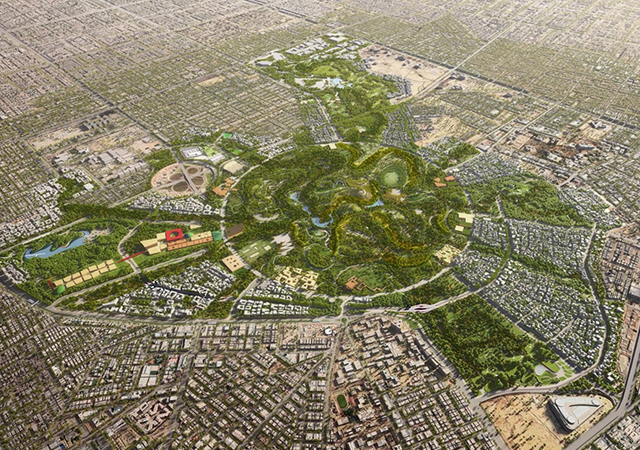
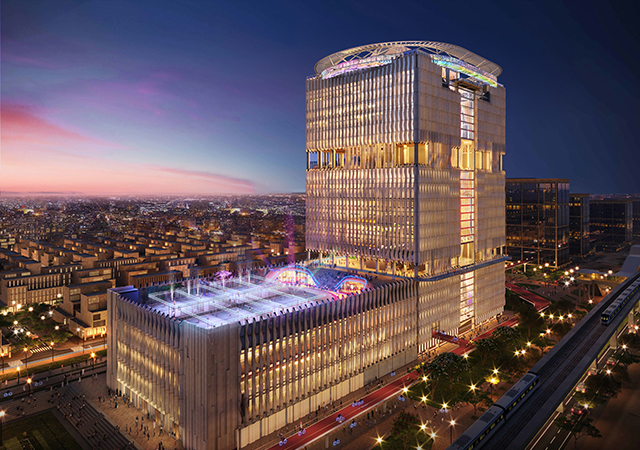
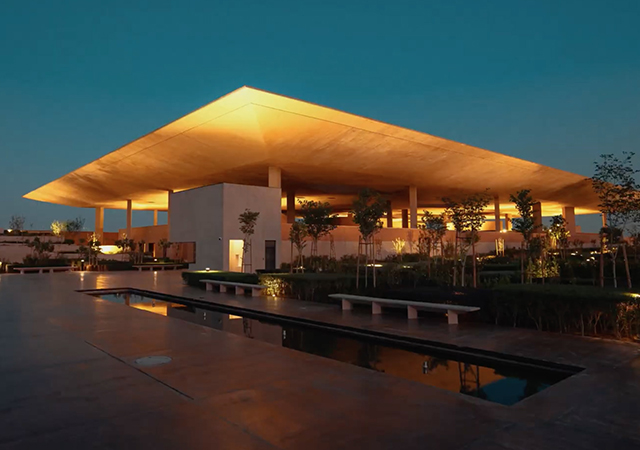
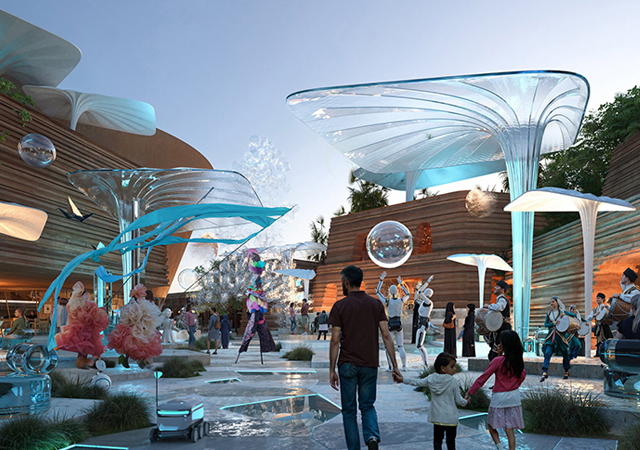
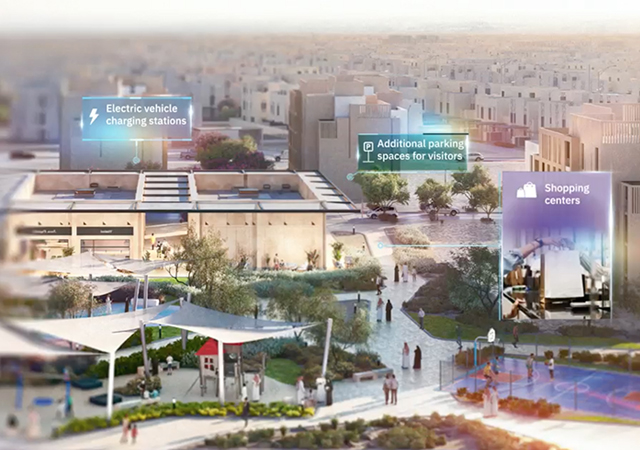
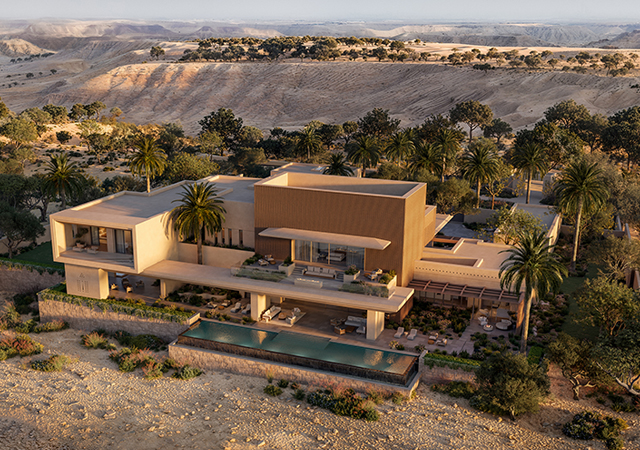
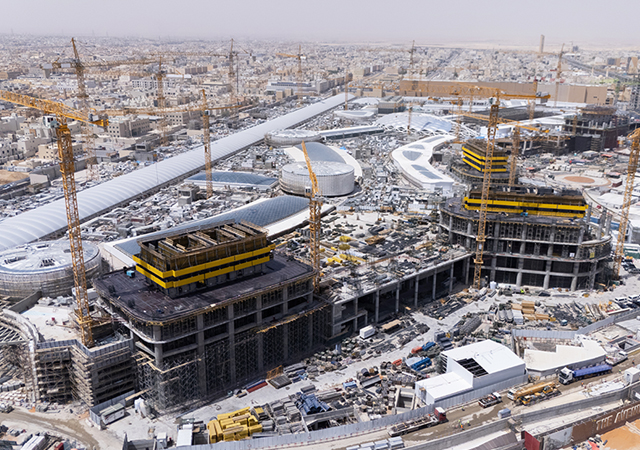
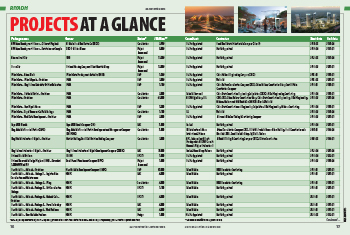
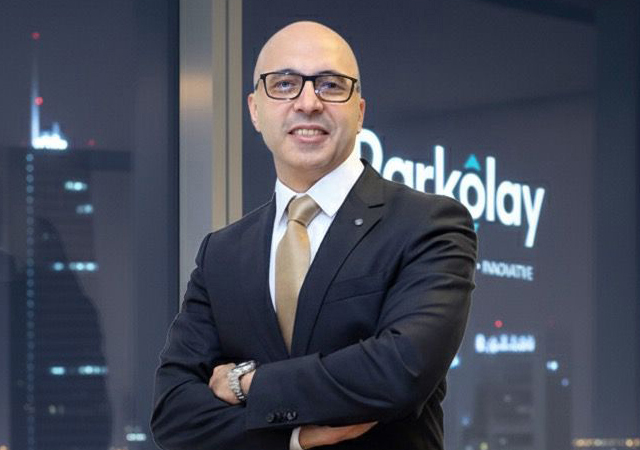
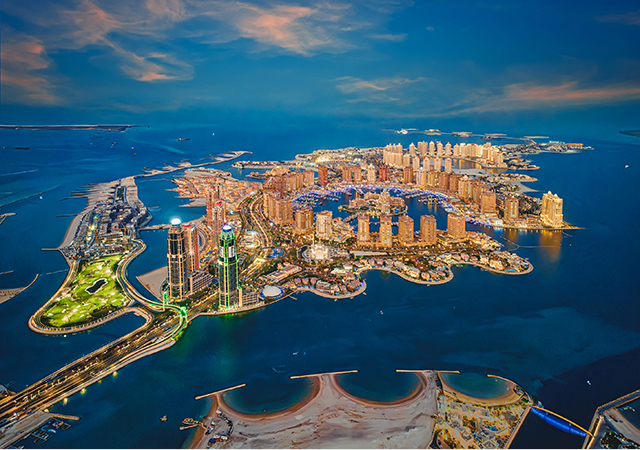
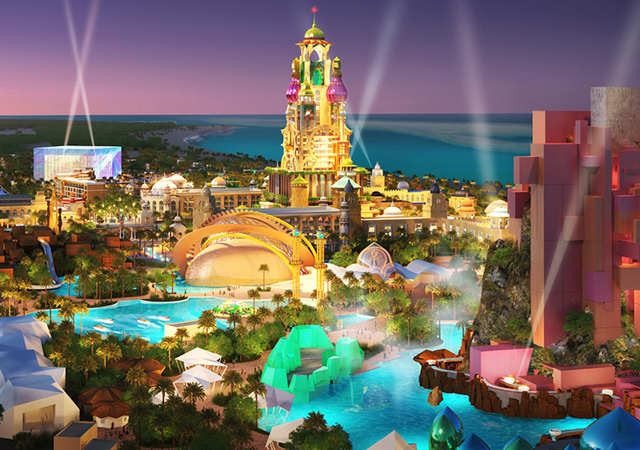
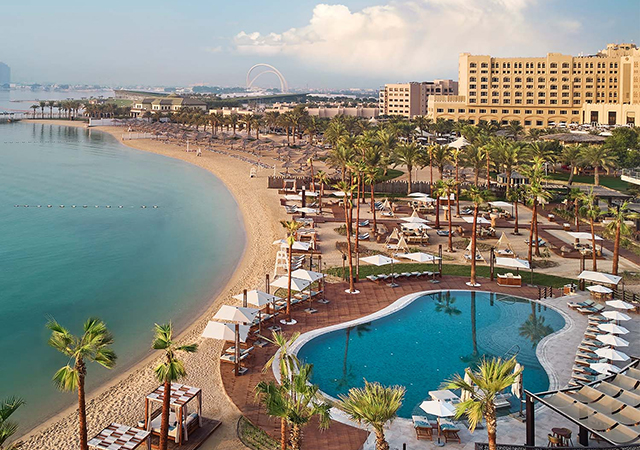
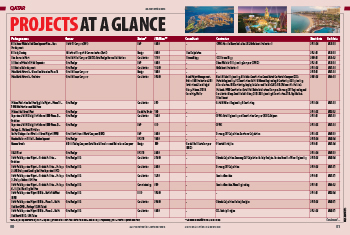
.jpg)
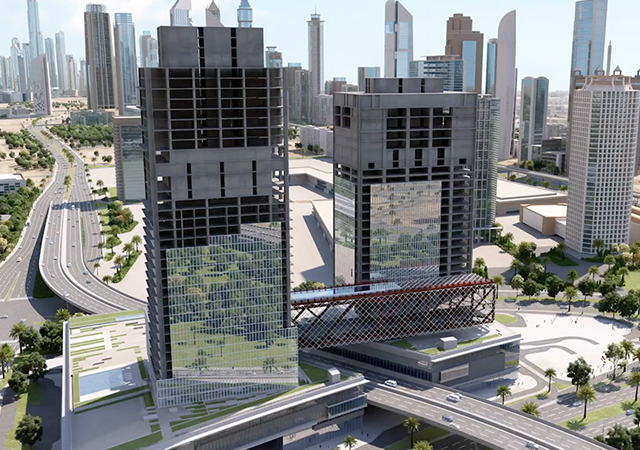
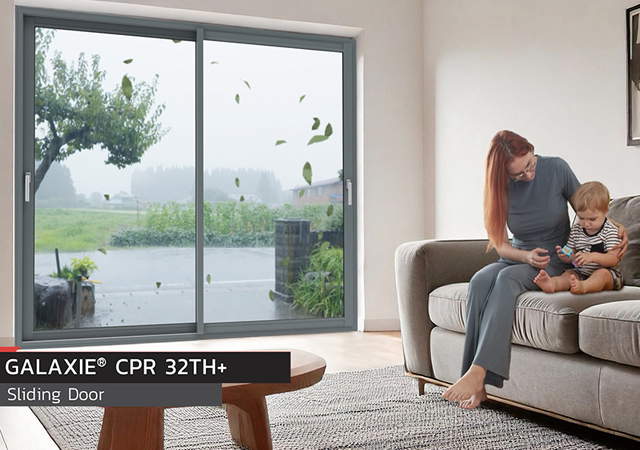
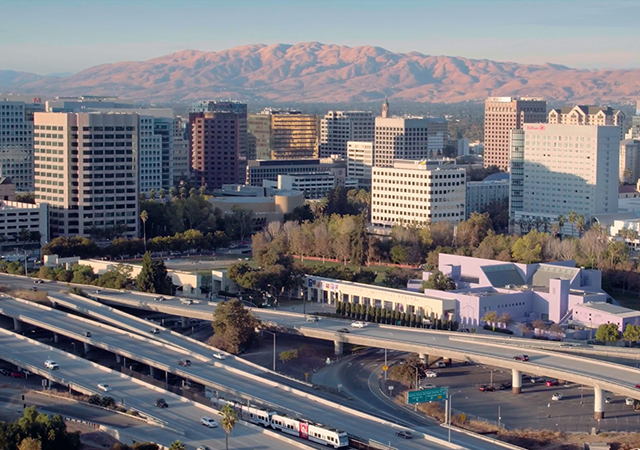
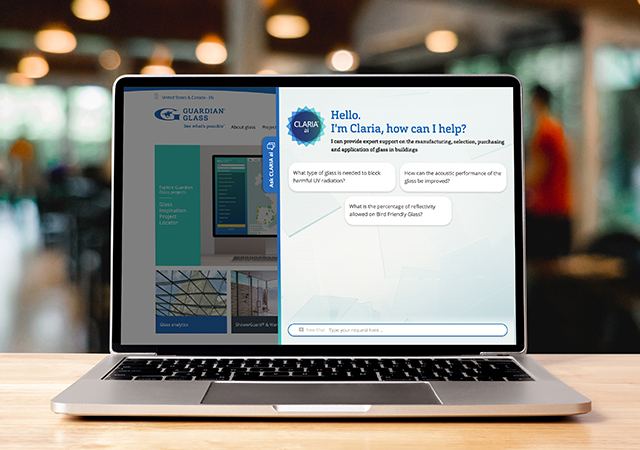

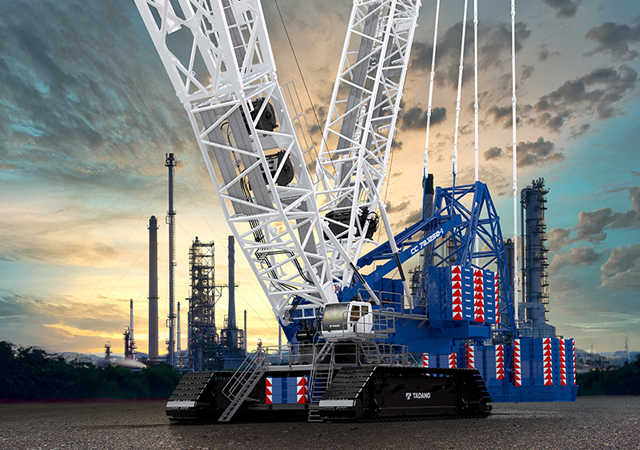
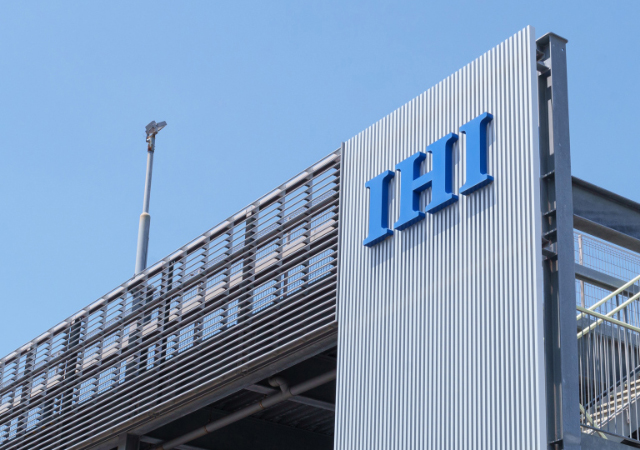
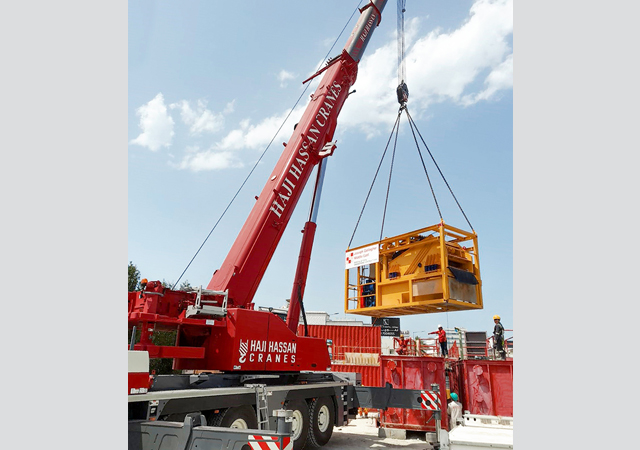
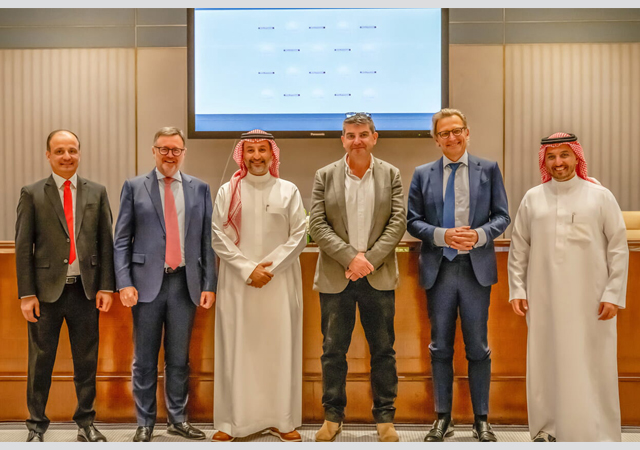
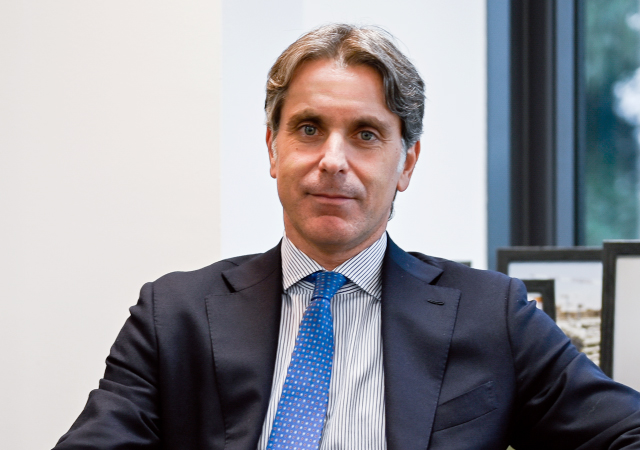
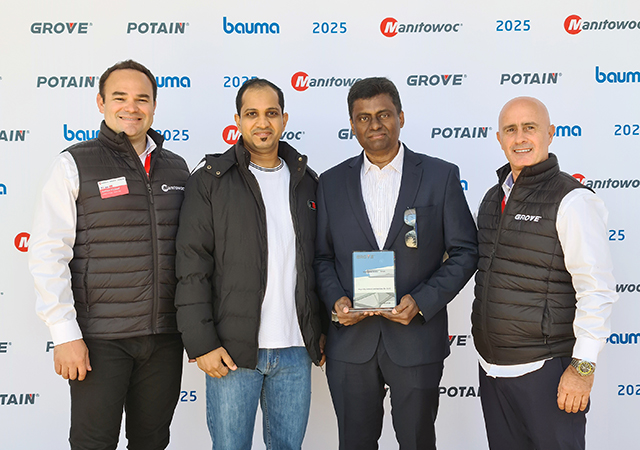
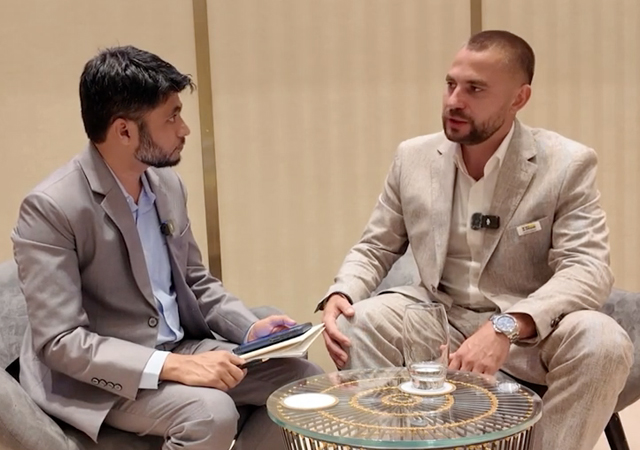
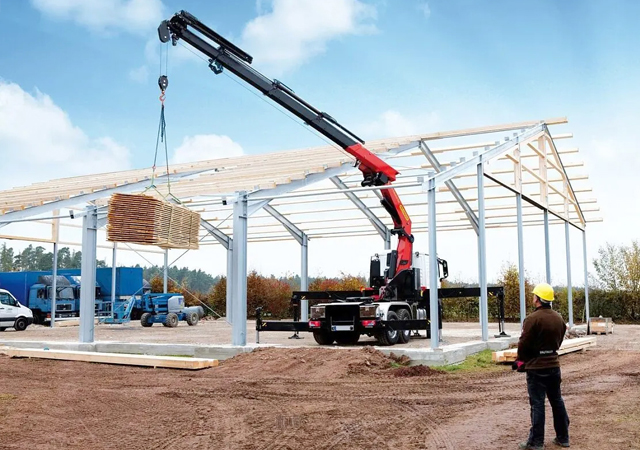
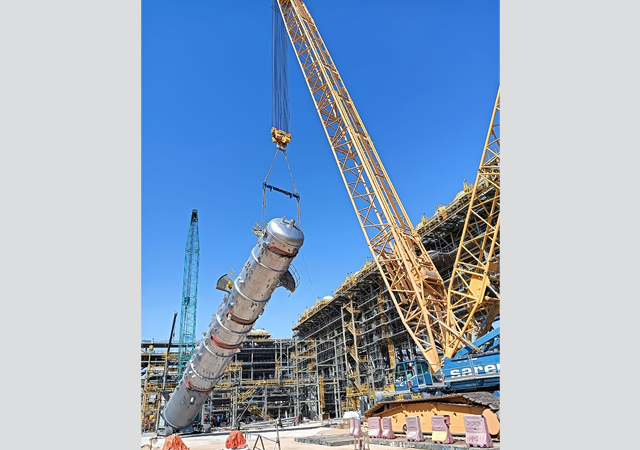
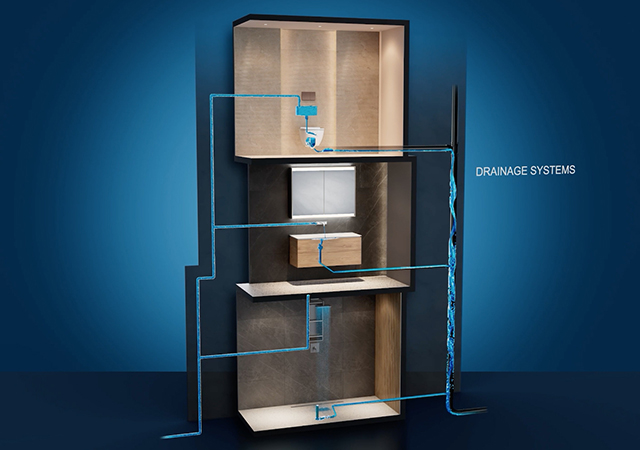
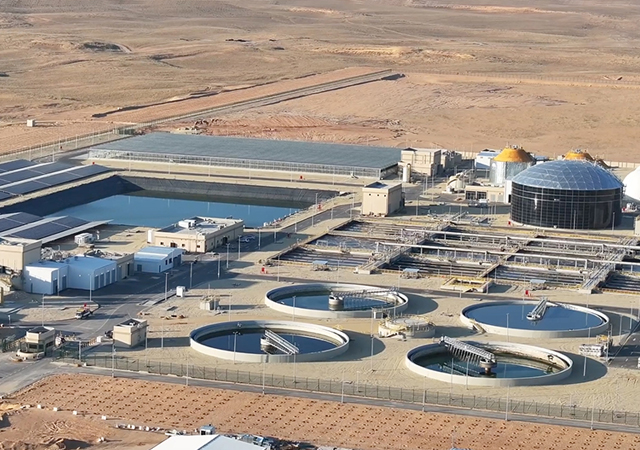

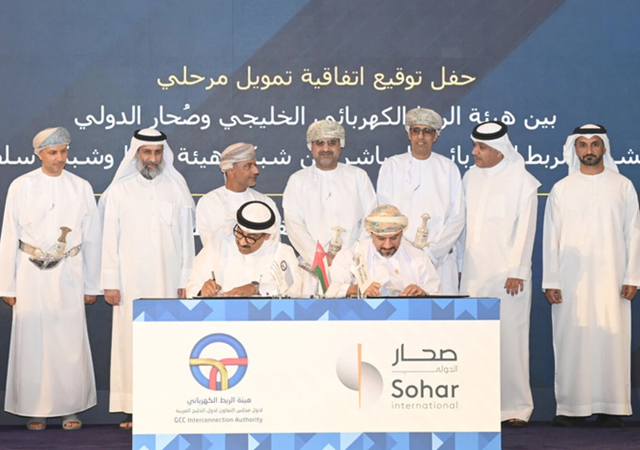
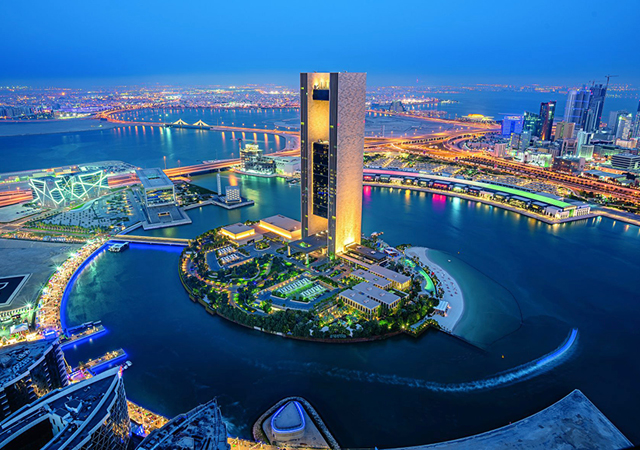
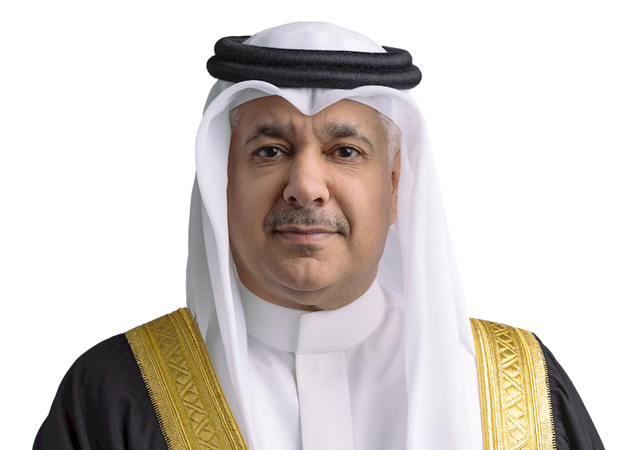
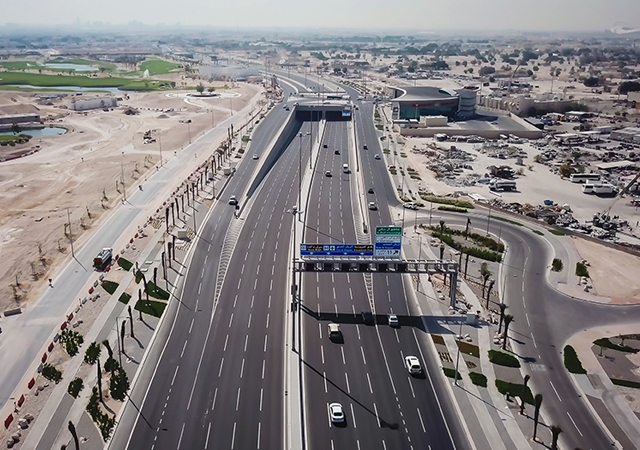
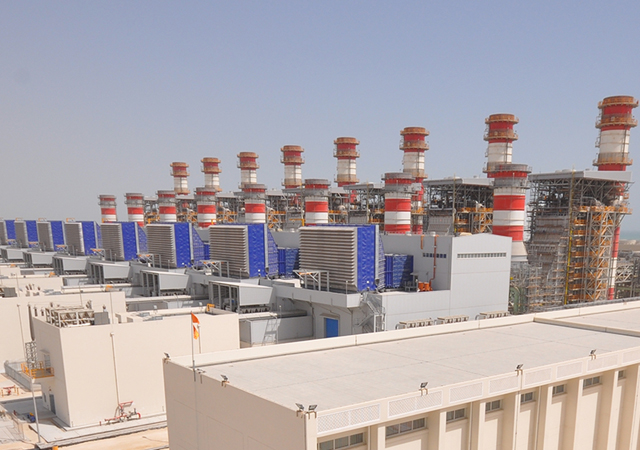
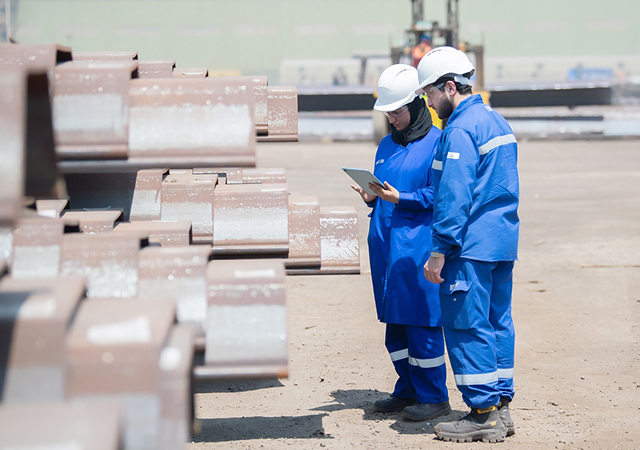
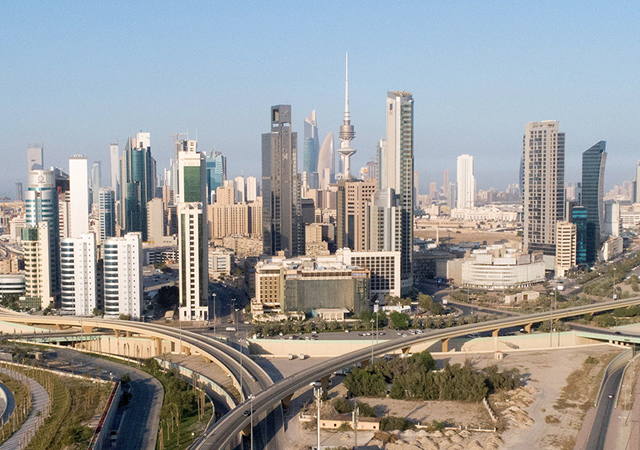
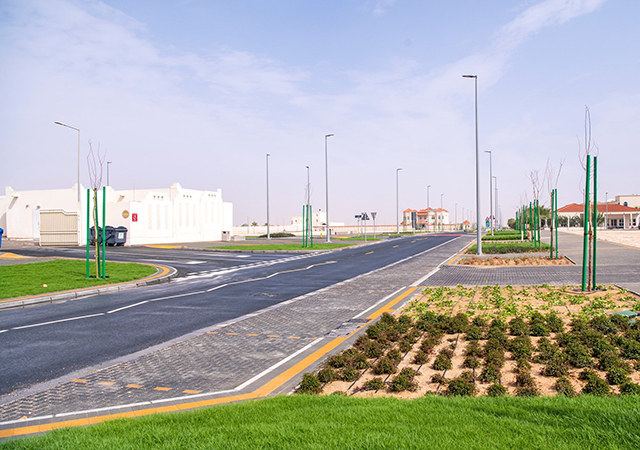
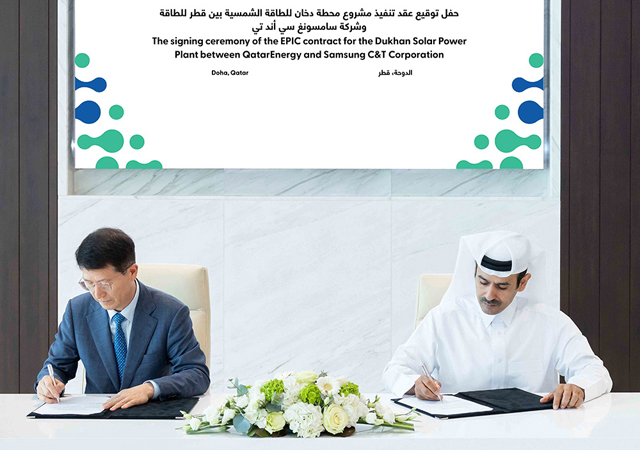
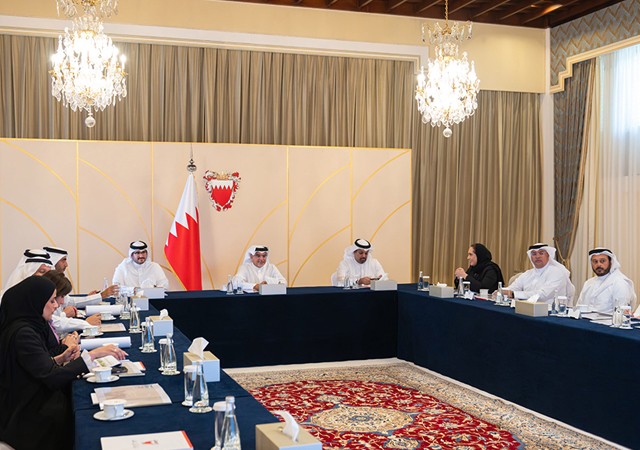
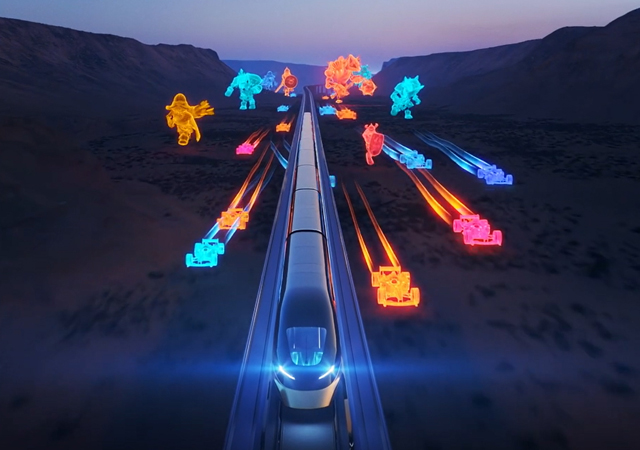
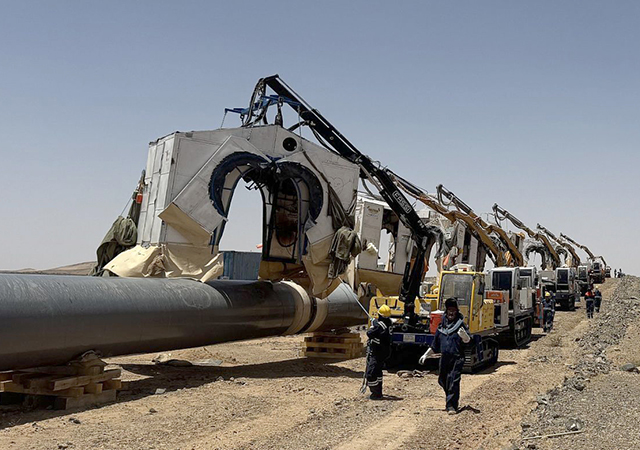
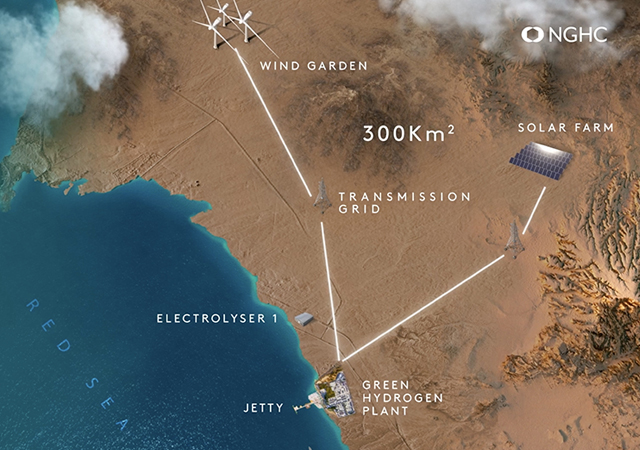
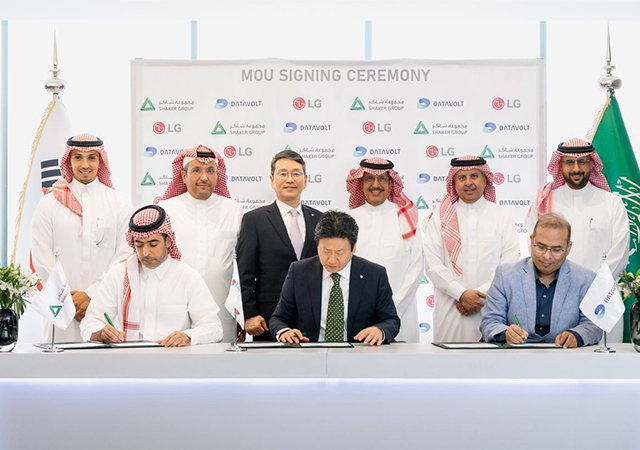
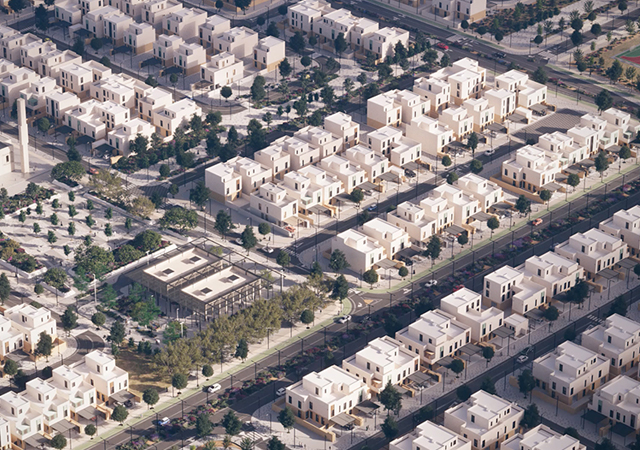
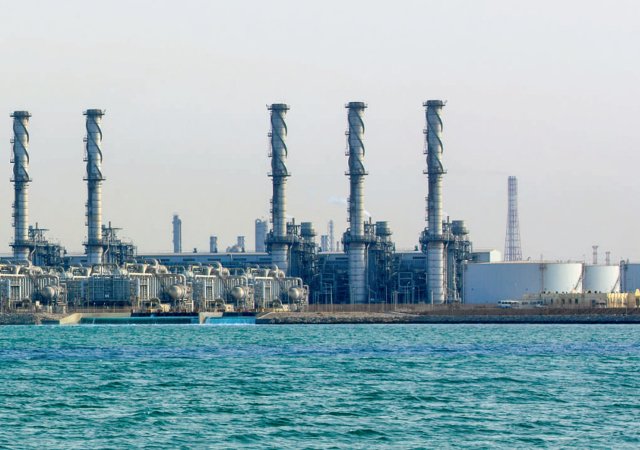
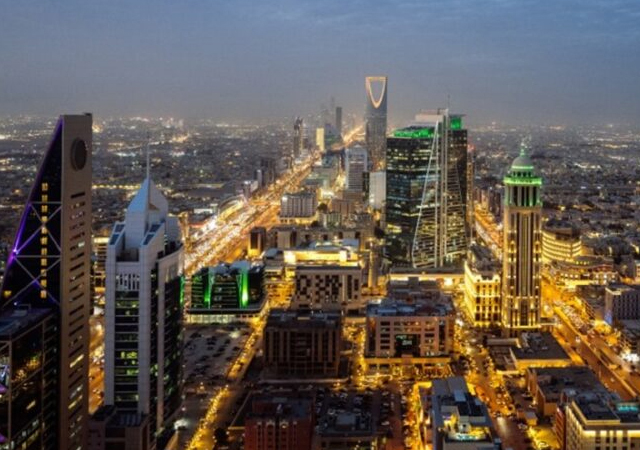
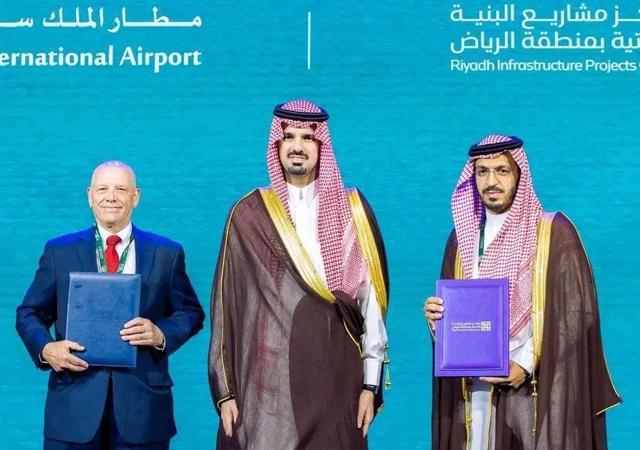
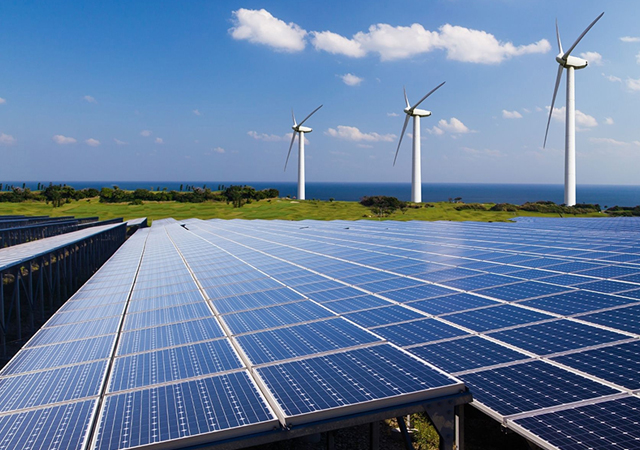
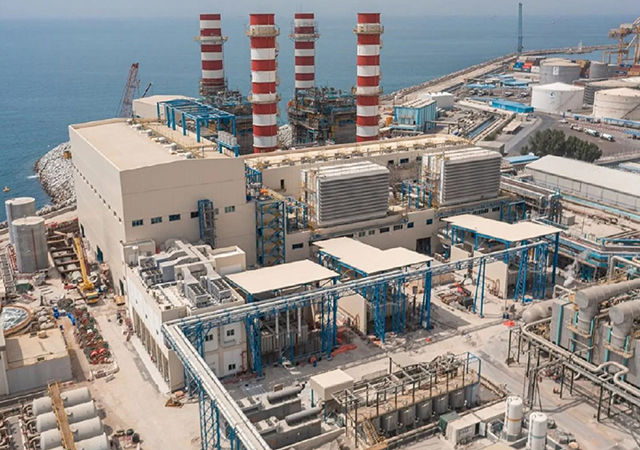
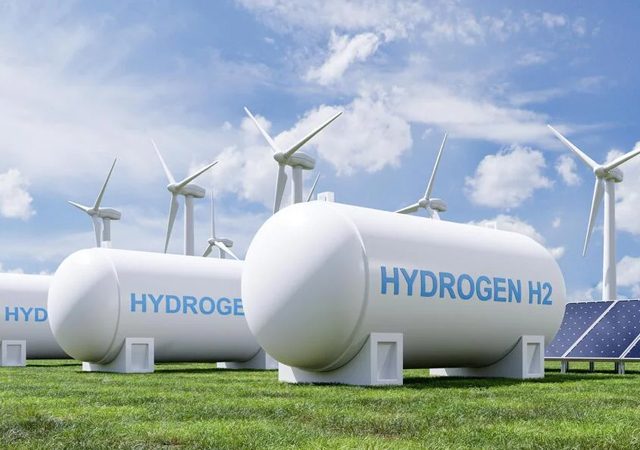
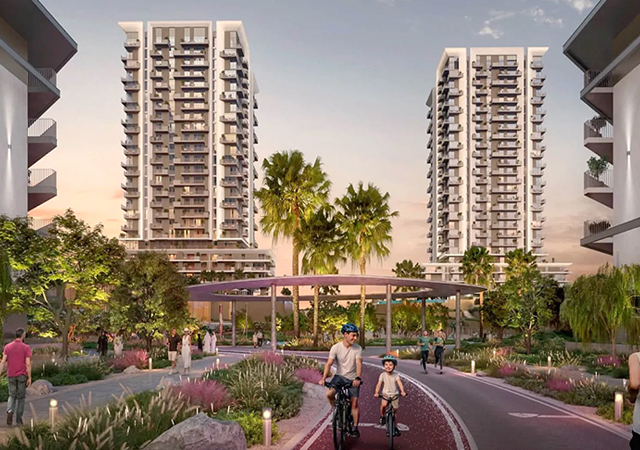
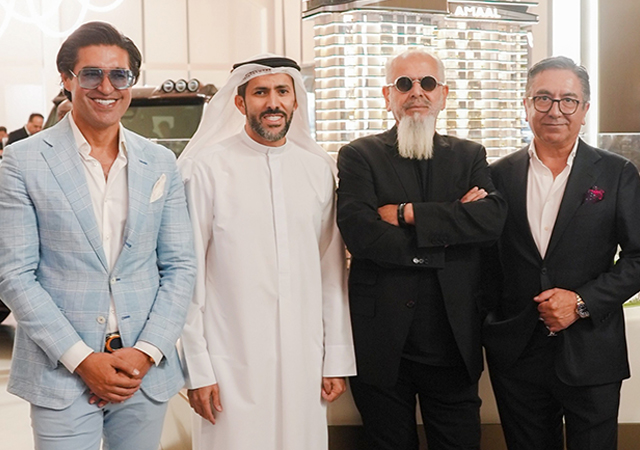
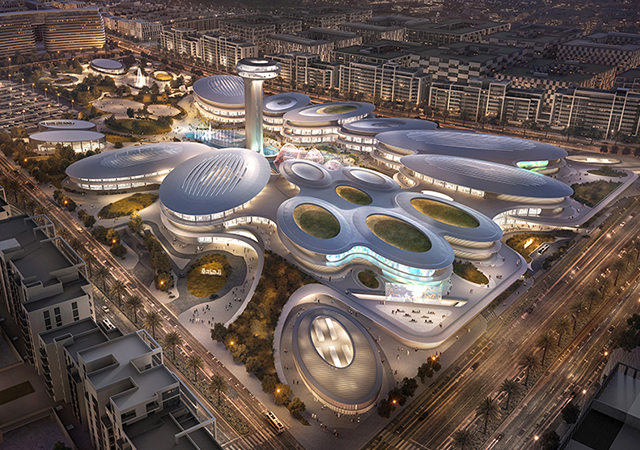
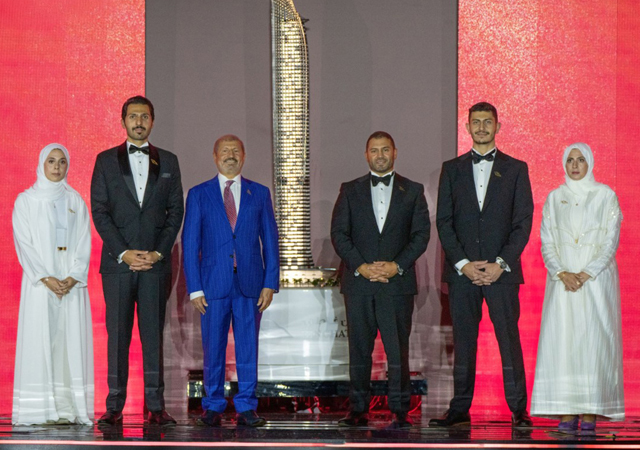
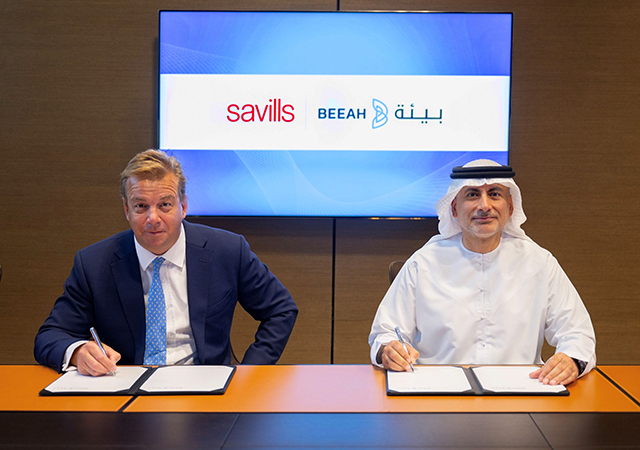
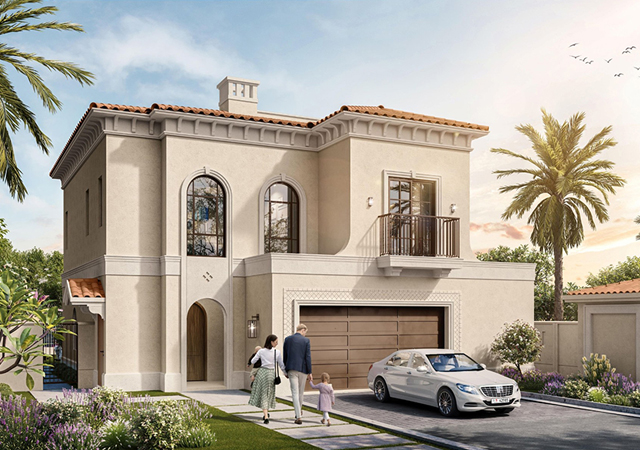
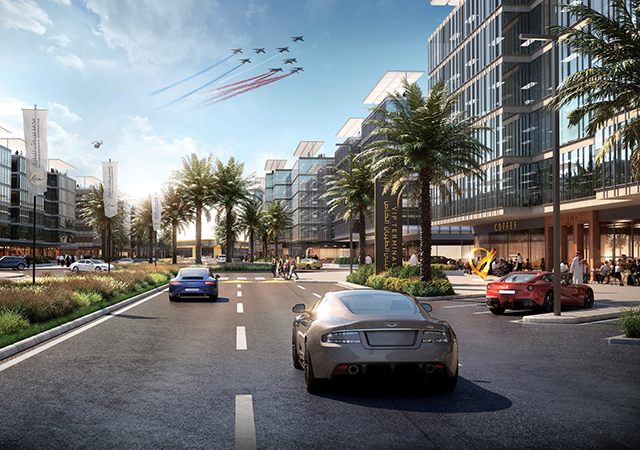
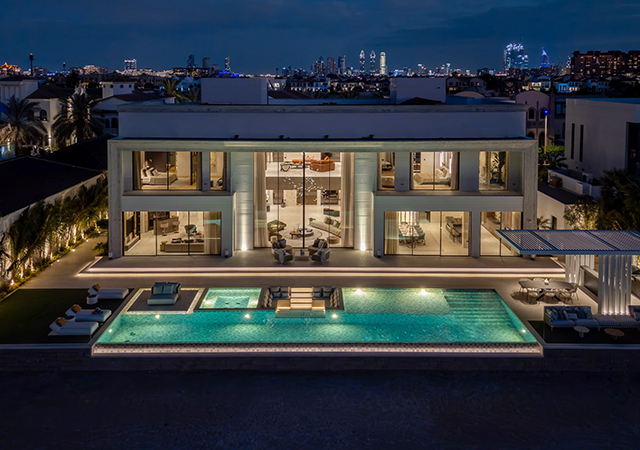
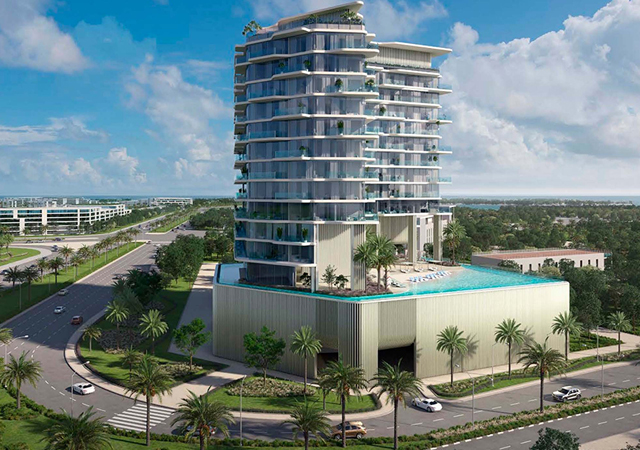
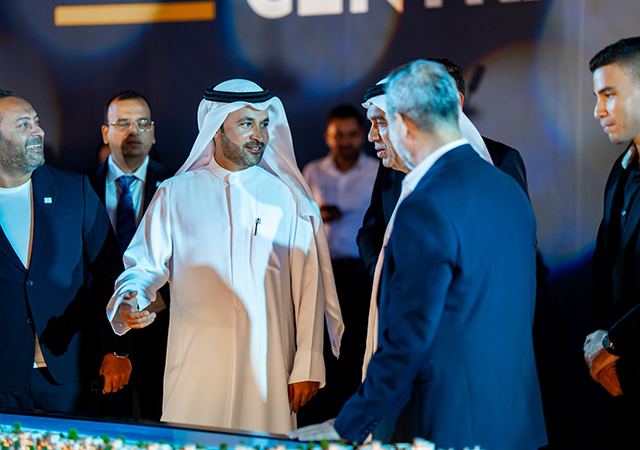
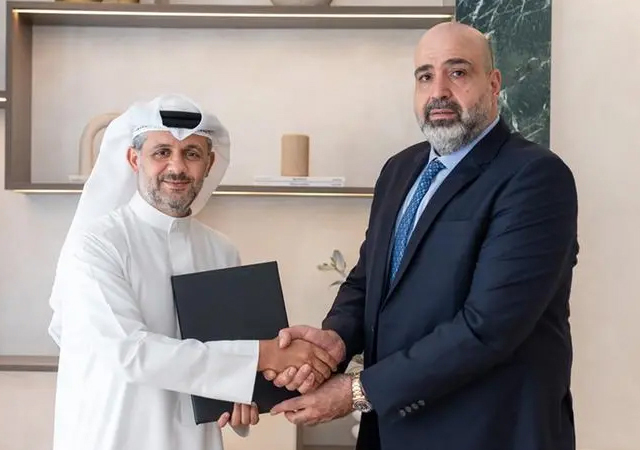
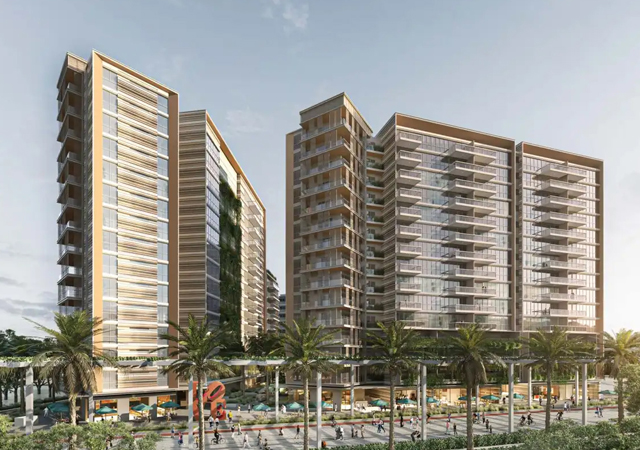
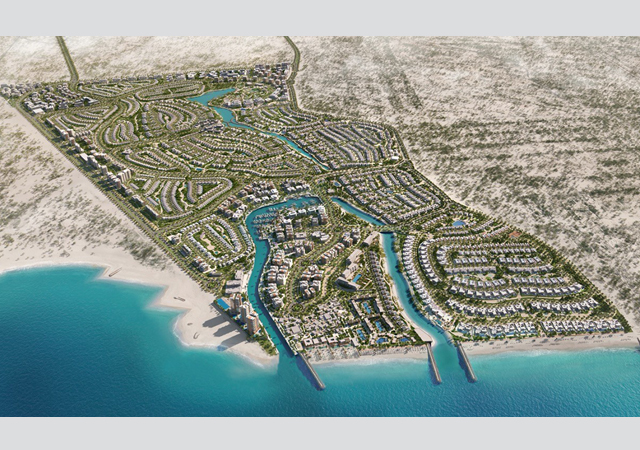
.jpg)
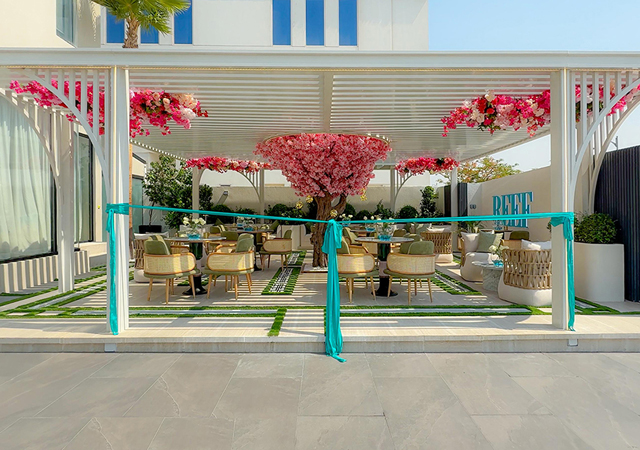
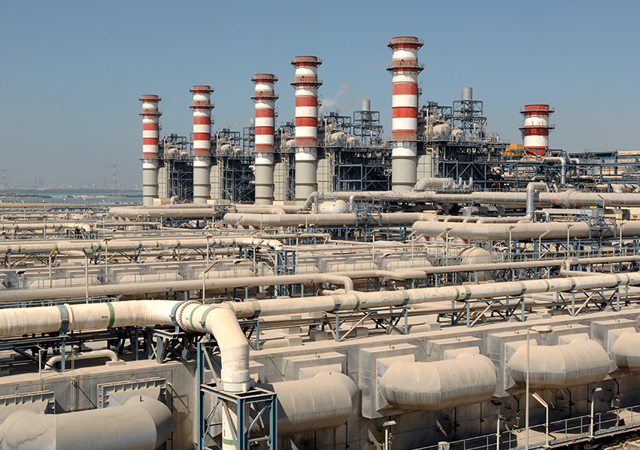
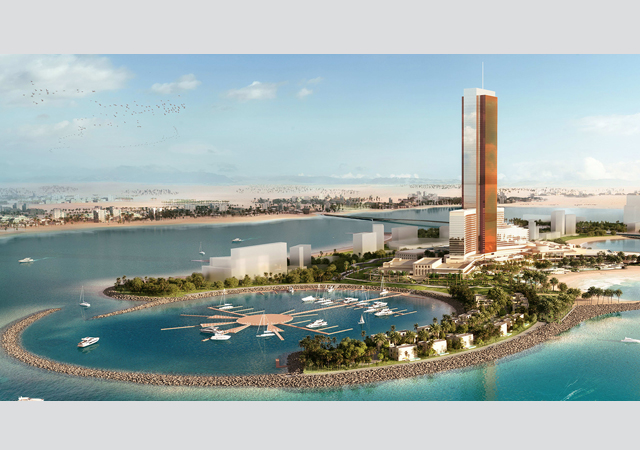
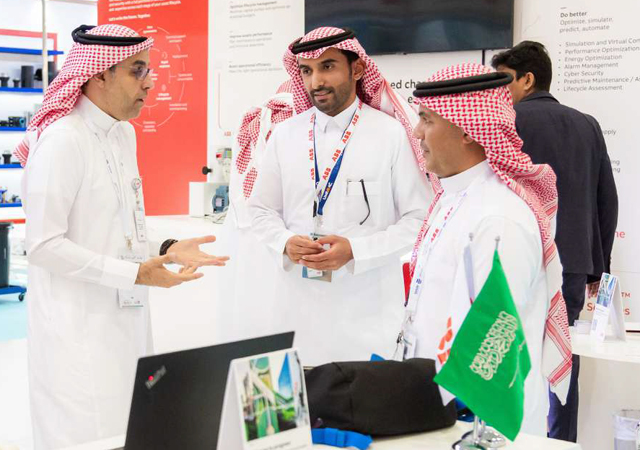
.jpg)
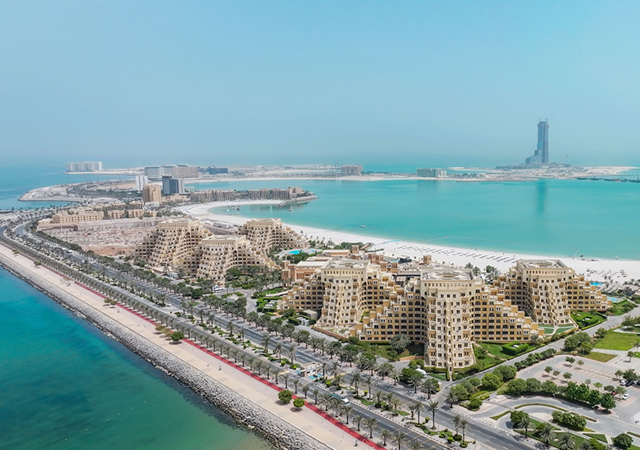
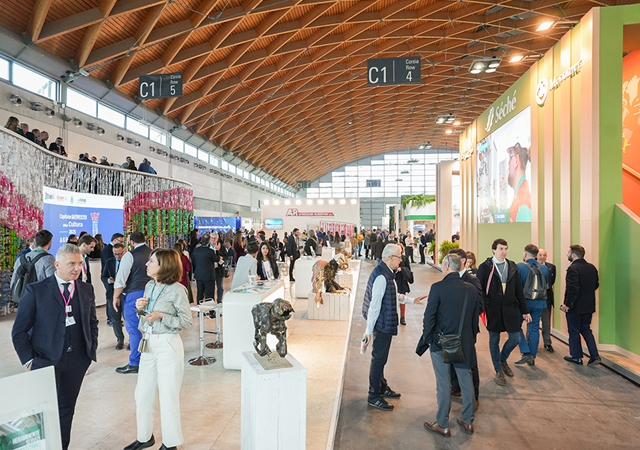
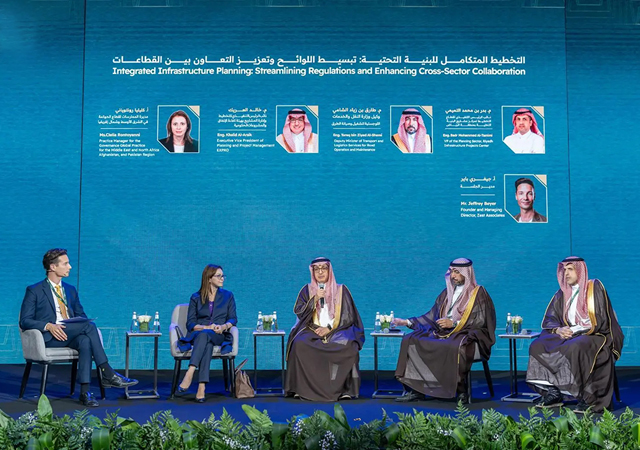
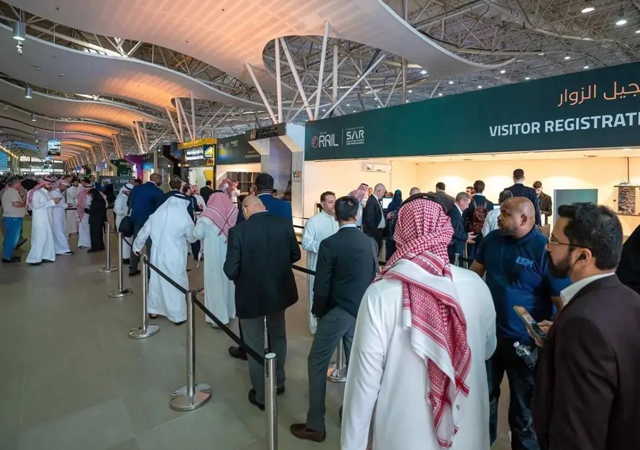

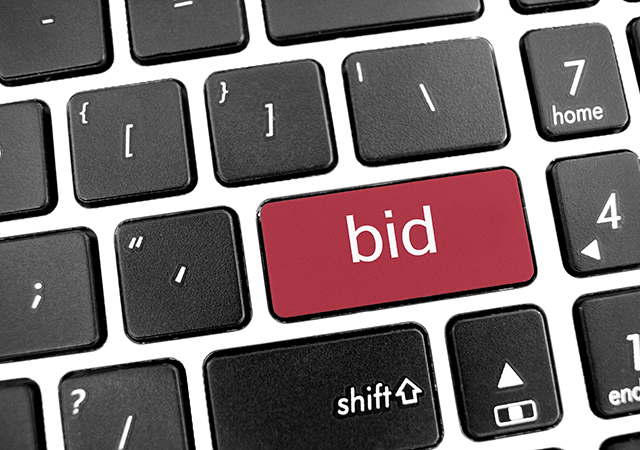







.jpg)















